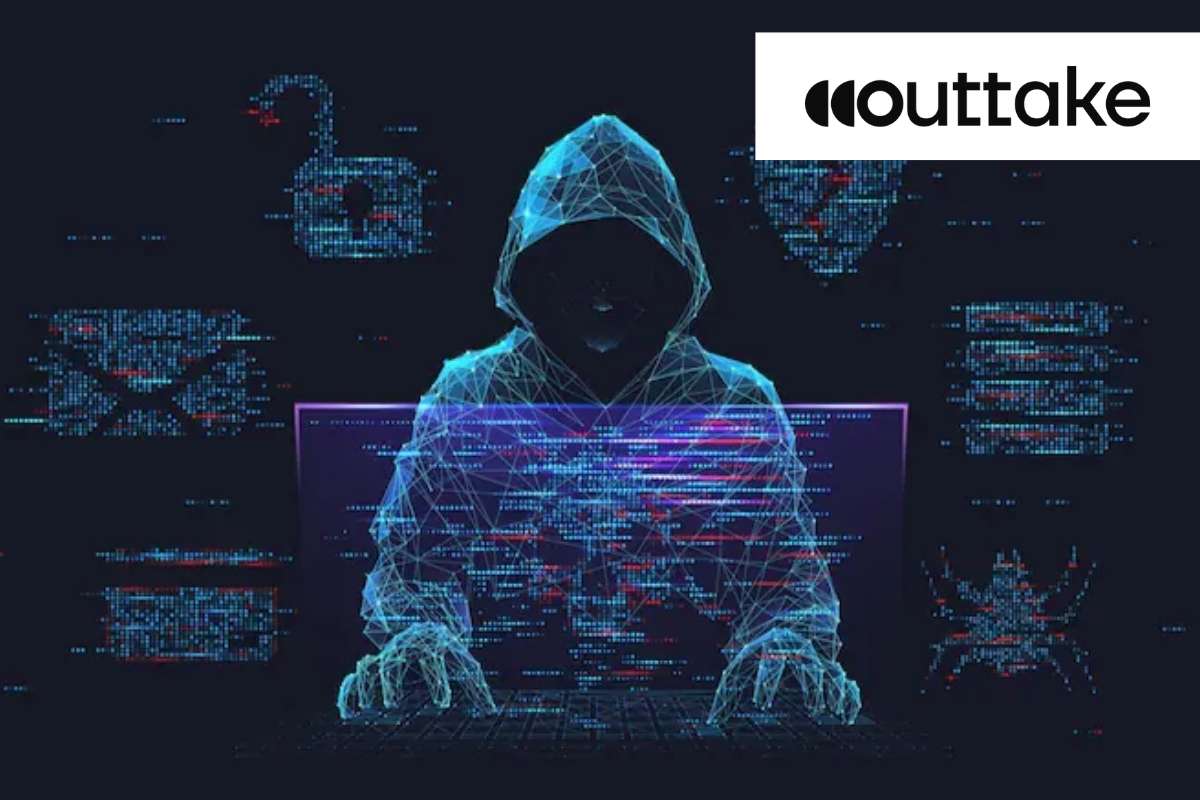In a concerning development for global cybersecurity, North Korean Hackers AI Cyber Attack has emerged as a new threat. Suspected North Korean hackers have used OpenAI’s ChatGPT to create a deepfake military ID targeting South Korean assets. The operation, linked to the state-sponsored hacking group Kimsuky, involved generating a fake South Korean military identification card, which was then used in phishing attacks aimed at compromising sensitive information. The incident highlights how artificial intelligence is being weaponized to enhance cyber espionage tactics.
AI’s Role in Cyber Espionage
According to cybersecurity researchers, the hackers used ChatGPT to assist in designing the visual elements of the fake ID. The AI tool helped automate the creation of the forgery by suggesting layouts, formatting details, and text that made the ID look realistic. This allowed the attackers to bypass manual crafting processes that are typically more time-consuming and prone to error. The North Korean Hackers AI Cyber Attack demonstrates how phishing campaigns can become more advanced through generative AI.
The phishing attack involved sending emails with the deepfake ID attached, intending to lure targets into revealing classified information or granting network access. Analysts at CrowdStrike noted that the forged ID was convincing enough to deceive preliminary checks, a testament to how generative AI tools like ChatGPT are transforming hacking operations. This North Korean Hackers AI Cyber Attack shows the growing reliance on AI-driven forgery in modern espionage.
This use of AI is part of a broader trend where North Korean hackers are increasingly leveraging advanced technologies. Earlier reports from The Korea Herald in 2025 raised concerns about the regime’s use of AI in fraud schemes and cryptocurrency theft. The latest case adds to these threats, showing how North Korean Hackers AI Cyber Attack strategies are being embedded into espionage campaigns to scale operations while reducing the need for technical expertise.
Implications for Cybersecurity and AI Governance
Experts warn that the misuse of AI in phishing and forgery attacks could lead to more frequent and sophisticated campaigns. Bloomberg’s coverage pointed out that AI tools enable attackers to rapidly prototype and deploy deceptive materials, accelerating the pace of cyberattacks. As AI becomes more widely accessible, such methods could be used to target not only military and defense systems but also critical infrastructure in finance, healthcare, and energy sectors. The North Korean Hackers AI Cyber Attack trend highlights these risks.
OpenAI has acknowledged the risks and taken steps to mitigate abuse by monitoring and restricting accounts linked to malicious activities. Their June 2025 report confirmed shutting down networks associated with North Korean operatives. However, cybersecurity analysts emphasize that restricting access is only one part of the solution. Without global standards and coordinated efforts, attackers may find new ways to exploit AI technologies, making North Korean Hackers AI Cyber Attack scenarios even harder to contain.
Further concerns have been raised about the future applications of AI in cybercrime. Analysts like David SEHYEON Baek, writing on Medium in August 2025, suggest that ransomware attacks, distributed denial-of-service (DDoS) campaigns, and deepfake disinformation operations could increasingly incorporate AI. Discussions on platforms like X have even envisioned scenarios where AI-generated voice or video content could be used to manipulate public perception or create false threats, reflecting how North Korean Hackers AI Cyber Attack cases may evolve.
In response, cybersecurity experts are advocating for new verification methods such as blockchain-based ID systems, which could make it harder for attackers to fabricate official documents. International collaboration is also seen as crucial, as sharing intelligence across borders could help track and prevent evolving threats. The North Korean Hackers AI Cyber Attack incident underscores the need for such joint action.
As governments and tech companies work to enhance defenses, this incident serves as a reminder of the dual-use nature of AI. While the technology holds great potential to advance industries, it also presents new risks when exploited by state-sponsored attackers. OpenAI’s efforts to restrict harmful use are a step in the right direction, but ongoing vigilance and cooperation will be essential to safeguarding against North Korean Hackers AI Cyber Attack attempts.
This case underscores the importance of continuously updating cybersecurity protocols and educating users about the risks associated with AI-generated content. As attackers adapt to new tools, defenders must also evolve their strategies to ensure resilience in the face of increasingly sophisticated threats. The rise of North Korean Hackers AI Cyber Attack cases proves that cybersecurity and AI governance must remain top global priorities.
Also Read: M&S Tech Chief Departs After Cyber Attack cost of £300 Million | CyberPro Magazine






